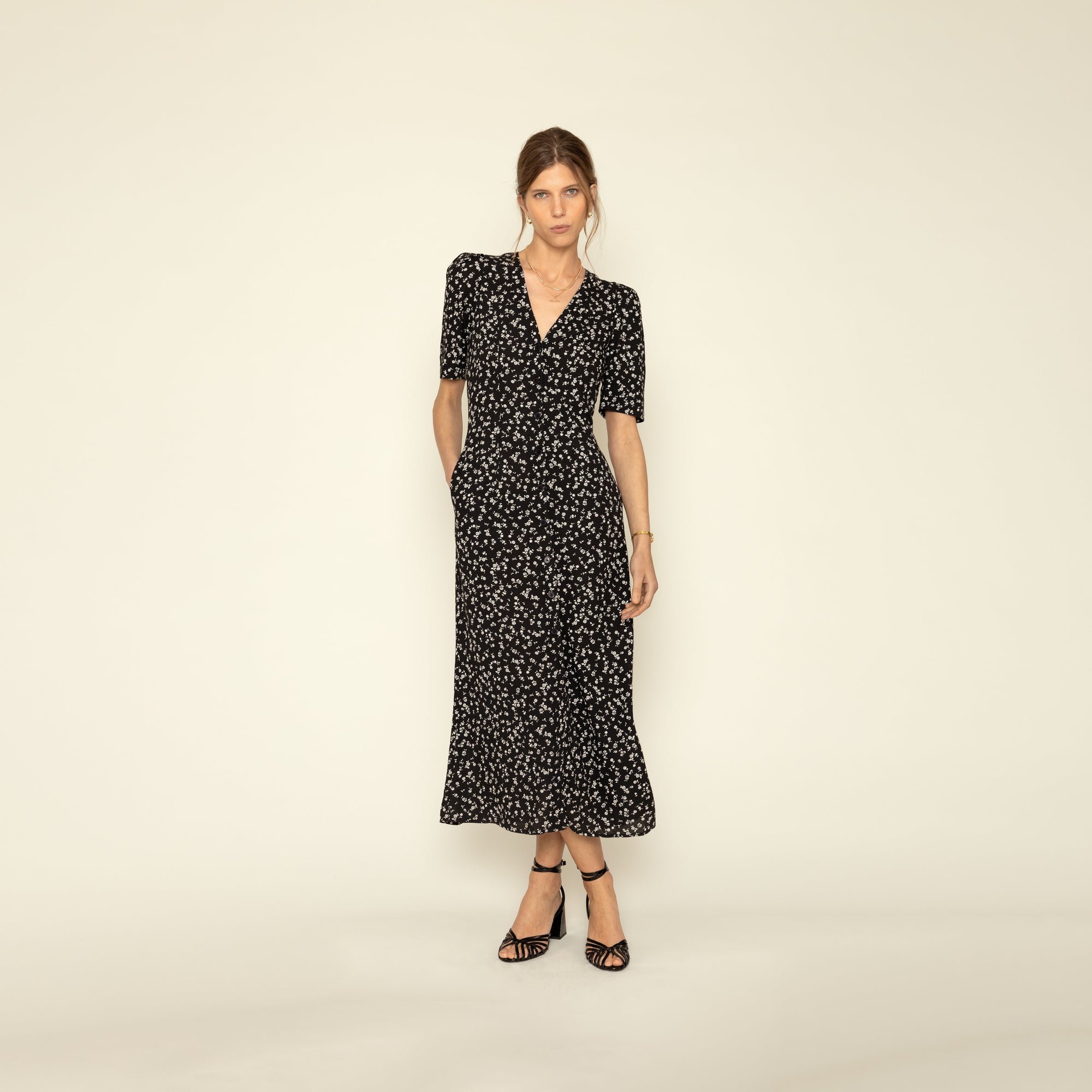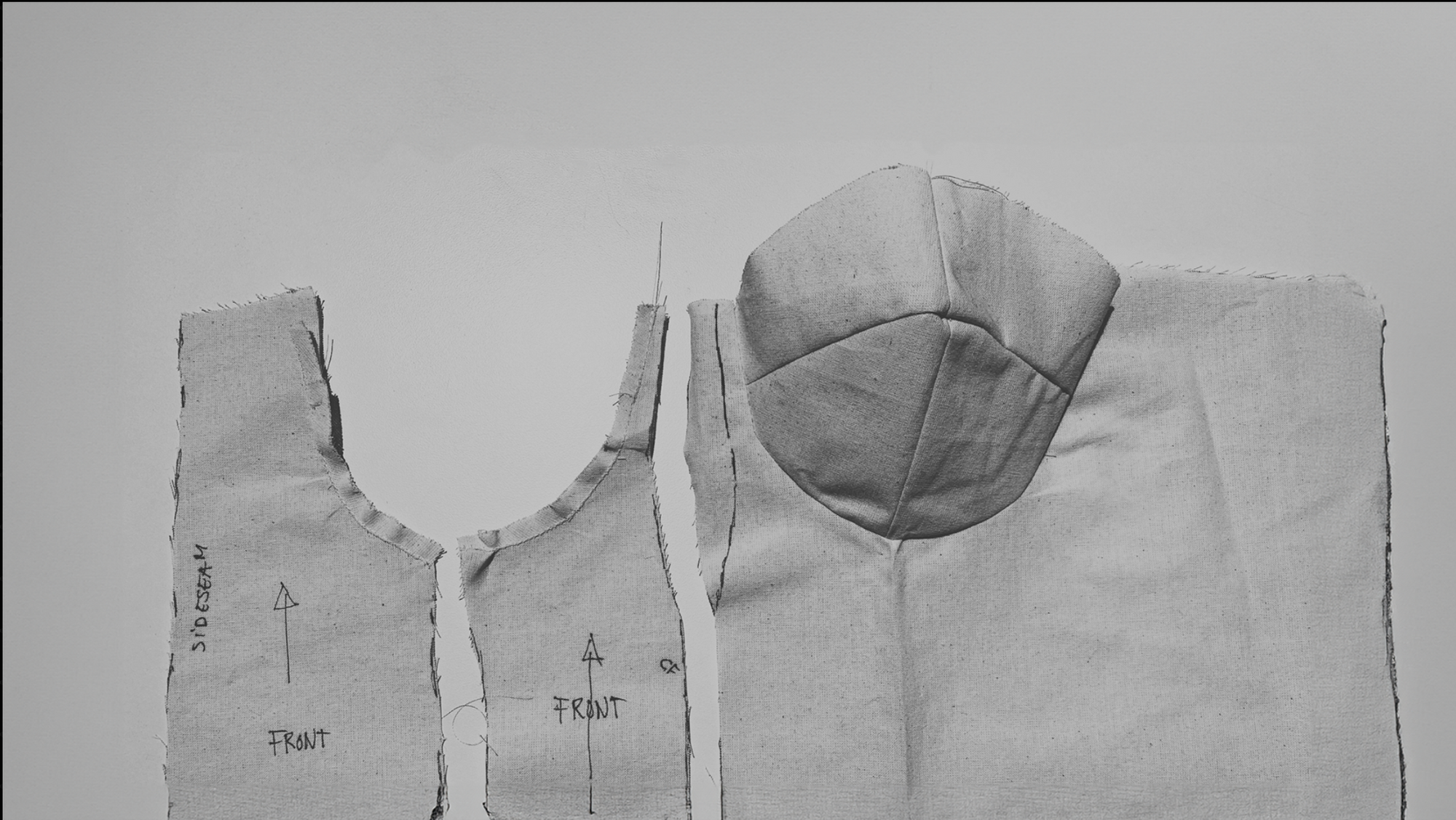Sustainability

As a clothing brand, we recognize that everything we create has an impact on the environment. While we strive to make responsible choices, we don’t claim to be 100% sustainable—because we know we are part of the problem. Instead, we focus on making thoughtful improvements every day, guided by our core values.
We are proud to collaborate with professional, ethical factories that produce high-quality products in safe working conditions.
OUR SUPPLIERS
responsible production
Ecovero Viscose

Viscose is a semi-synthetic material that is made from chemically treated wood pulp, a process that is generally energy- water- and chemical intensive. While the silkiness, drape and temperature control properties of viscose are sought after as an alternative to silk, its environmental impact is not always as desirable.
As the raw material is wood, the cutting of trees and subsequent deforestation has been a potential downside of many types of viscose.
The responsible production process of LENZING™ ECOVERO™ fibers uses at least 50% less water and emits at least 50% less CO2 compared to generic
viscose fibers, according to Higg MSI. The wood taken from nature is sourced
from controlled or certified origins meeting FSC® or PEFC standards and prevents the use of wood from ancient and endangered forests.
Organic cotton is grown using organic principles, without synthetic fertilisers and pesticides beyond those with an organic certification and using cotton plants that are not genetically modified. It makes up a small part of total cotton production in the world but is increasing every year.
The environmental impact of organic cotton is generally lower than regular cotton, where chemicals and pollutants are concerned. However, it uses more land area and often more water than conventional cotton. It matters where organic cotton is grown since water scarcity is a growing problem in many countries that produce cotton.
We attempt to utilise organic cotton from the countries where water scarcity is lowest or where the required amount of water to grow cotton is the lowest. Currently, the country that best fits this bill is the United States of America. We prefer to source our organic cotton from the USA.
In addition, organic certification systems such as the Global Organic Textile
Standard (GOTS) cover several social aspects of the production process to
ensure that the workers picking cotton, spinning the fibre, making the fabric,
and manufacturing the clothes have their human rights and labour rights upheld.
GOTS-CERTIFIED
80%
It is with pride that we state that approximately 80% of our garments are made in GOTS-certified factories.







